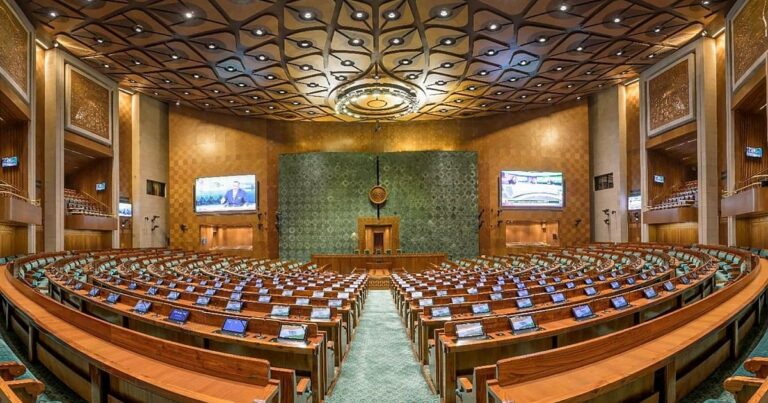MP Ranka Sundaram, an expert in international law, was keen to see consensus reached on the Speaker’s post and said the government should leave the Deputy Speaker’s post to the Opposition, a point that did not catch the attention of most MPs.
Two candidates — GV Mavlankar, proposed by then Prime Minister Jawaharlal Nehru, and Shankar Shantaram, proposed by Leader of Opposition AK Gopalan — were in the fray and the motion to install Mavlankar as Speaker was passed by a vote of 394 to 55. Sundaram’s name does not feature in the voters’ roll.
As the story goes, the current opposition party, the Party of India, has put a condition that they will reach an agreement on the Speaker post only if the government allots them the post of Deputy Speaker. As no agreement was reached, Kodikunnil Suresh of the Indian National Congress will take on Om Birla of the Bharatiya Janata Party.
This is not the first time a motion to elect multiple MPs as speaker has been tabled – motions were tabled in 1967, 1976 and 1998, but in each case the ruling coalition’s candidate was passed.
The last time the Speaker election was held was in 1998, when TDP’s GMC Balayogi and PA Sangma faced off. The then Prime Minister AB Vajpayee suggested Balayogi’s name, which was seconded by Home Minister LK Advani, while Sangma’s was proposed by Sharad Pawar.
In 1999, GMC Balayagi again entered the contest, this time as a consensus candidate. Sonia Gandhi seconded Vajpayee’s proposal and interestingly, Pawar also suggested Balayagi’s name.
In the 1999 Speaker elections, women members had proposed or seconded motions in favour of Balayogi and demanded that the Women’s Reservation Bill be passed.
Geeta Mukherjee, a Communist MP who seconded the motion moved by Indrajit Gupta, said she supported it as she was confident that he would expedite the pilot of the women’s quota bill. A K Premajam also supported Mukherjee.
The then Railway Minister Mamata Banerjee, while moving the motion, said she supported Mukherjee’s remarks and expressed hope that “the next Speaker will give full democratic strength to the Assembly”.
The 1991 elections were interesting as at the same time talk of an agreement was made as Vasudev Acharya of the CPI(M) did not move a motion to elect Ravi Ray as Speaker. Shivraj Patil became Speaker even though Acharya said that the Indian National Congress and the Bharatiya Janata Party had reached out to them and wanted an agreement.
The 1967 polls showed Sanjiva Reddy as Speaker after a motion was passed by 278 votes to 207. This was one of the closest Speaker elections. During this election, one of the members demanded a secret ballot.
In the 1976 Speaker elections, the Opposition managed to secure only 58 votes, when a motion was passed for the election of BR Bhagat.

